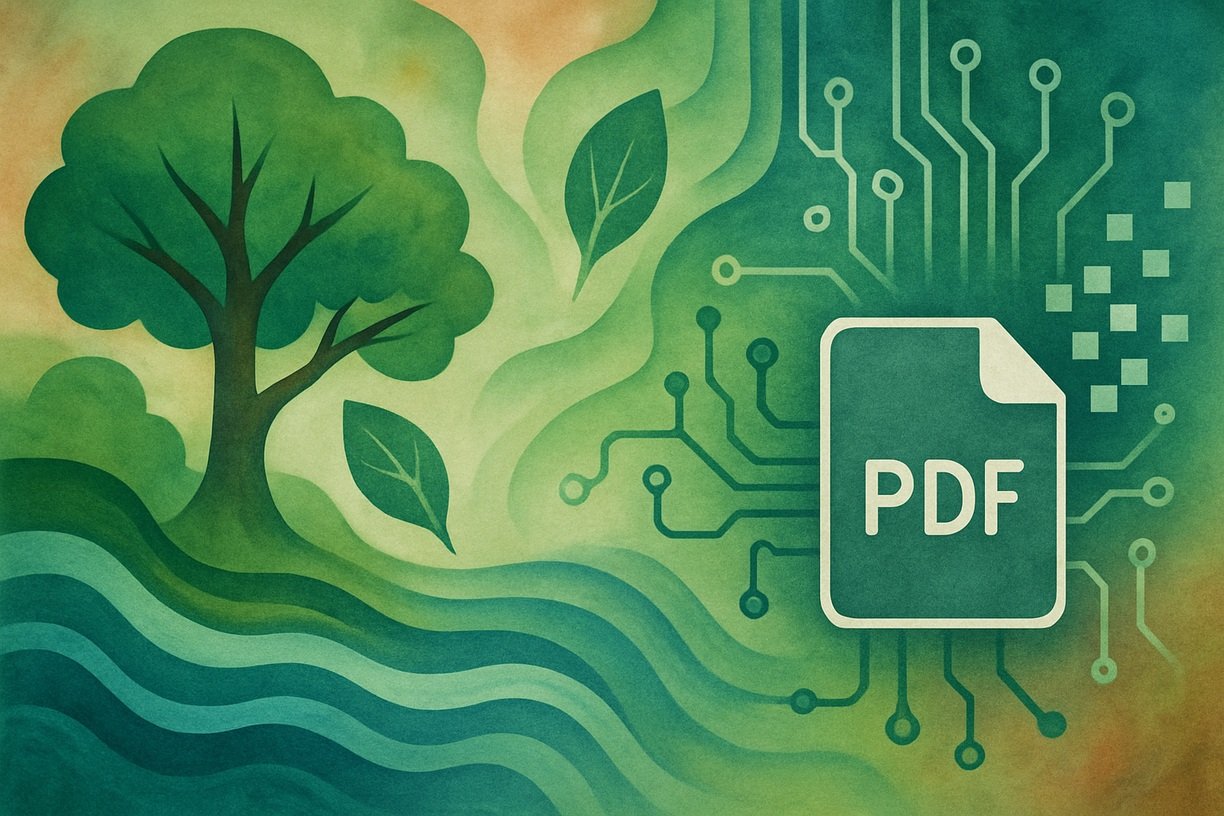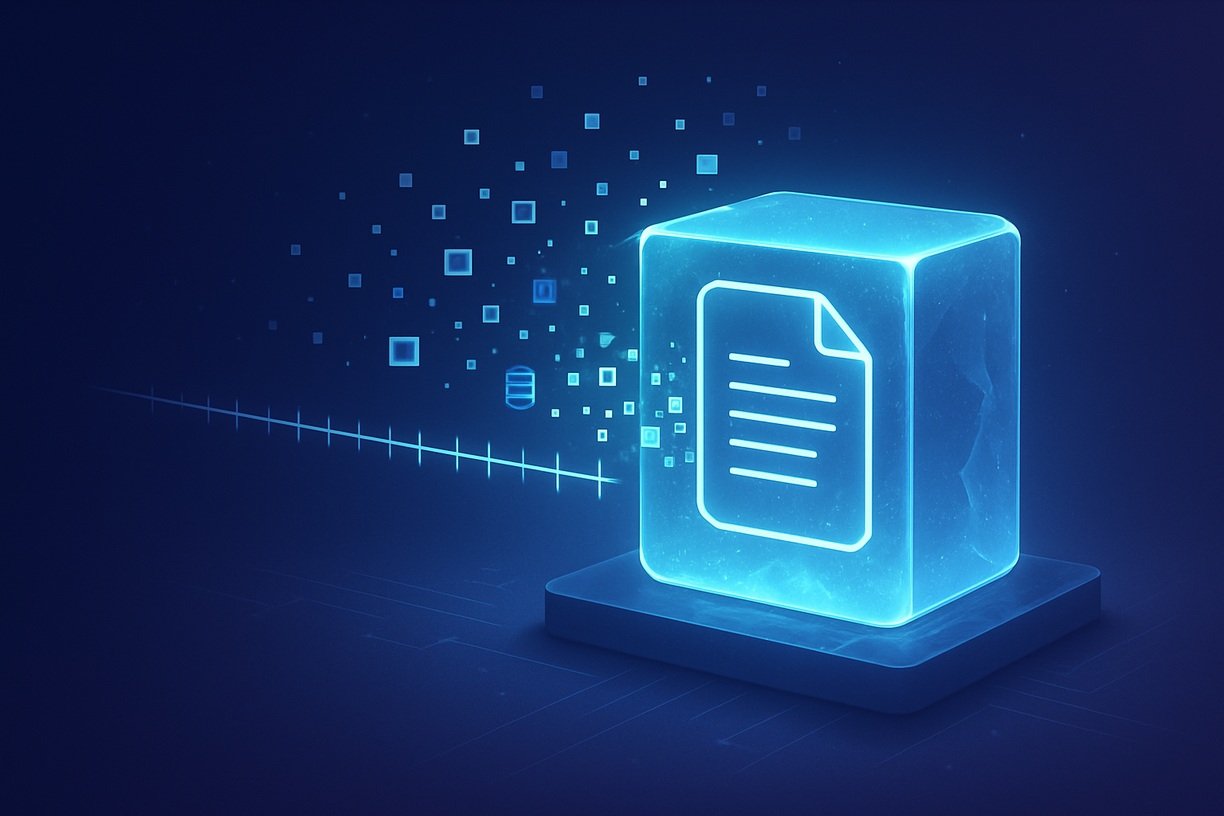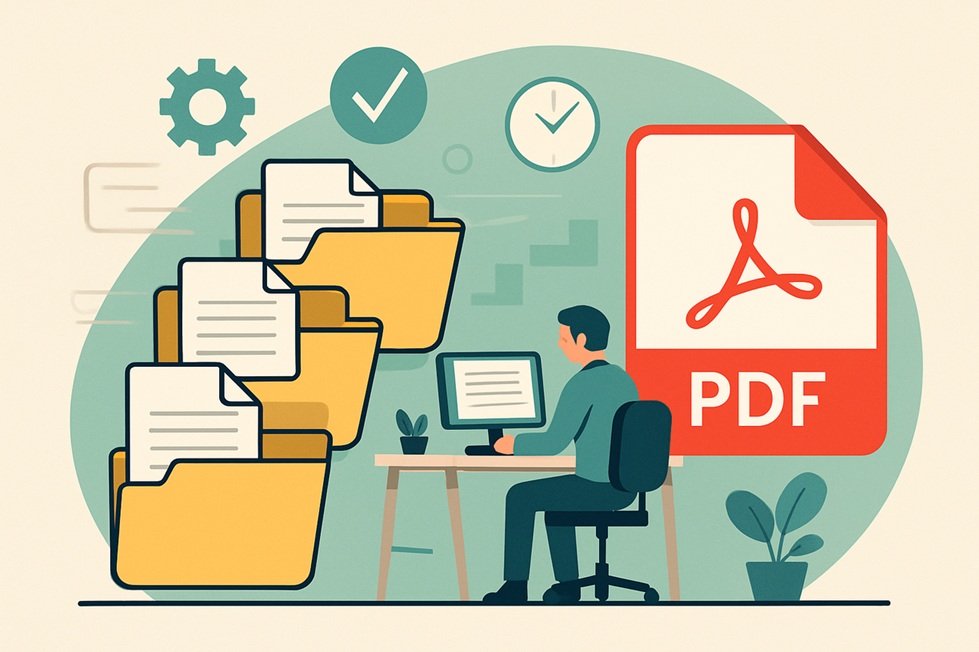Introduction
In the digital age, businesses and individuals alike are becoming more aware of their environmental footprint. One of the most overlooked but impactful changes is the shift from paper-based workflows to digital alternatives. And when it comes to digital documents, PDFs stand out as the leading format for sustainable, long-term, and accessible communication.
Going paperless is not just a buzzword — it's a practical and measurable way to reduce waste, save resources, and streamline operations. In this article, we’ll explore how switching to PDFs can support eco-friendly goals, while also benefiting your organization’s productivity and cost-efficiency.
The Hidden Cost of Paper-Based Offices
While printing documents may feel harmless, the collective impact of paper consumption across industries is staggering. Each step in the lifecycle of paper — from manufacturing to disposal — contributes significantly to environmental degradation.
Environmental Toll of Paper Usage
- Deforestation: It takes approximately 24 trees to produce just one ton of office paper.
- Water Consumption: Producing a single sheet of A4 paper can use up to 10 liters of water.
- CO₂ Emissions: The global pulp and paper industry is responsible for about 1% of total greenhouse gas emissions.
- Chemical Pollution: Paper production uses chlorine-based bleaches and other toxic chemicals that contaminate waterways.
- Waste Generation: Offices generate tons of paper waste yearly, much of which ends up in landfills.
The paper we use each day may be small, but its environmental cost is anything but.
Why PDFs Are the Sustainable Alternative
PDFs (Portable Document Format) were designed for longevity, portability, and universal accessibility. But they also offer tremendous advantages when it comes to environmental responsibility.
How PDFs Reduce Environmental Impact
- No printing required: Documents can be read, signed, and stored digitally.
- No physical delivery: PDFs eliminate the need for postal mail, courier services, or inter-office shipping.
- No physical storage: Businesses save space and reduce reliance on paper archives and filing cabinets.
- Easy to share: PDF files are small in size and ideal for email, cloud storage, or internal platforms.
These changes may seem minor in isolation, but when multiplied across an entire team or company, the environmental savings become significant.
Sustainable Workflows with PDF Technology
Tools That Make Paperless Work Possible
Modern PDF tools enable full document workflows — from creation to approval — without touching a single sheet of paper:
- Digital signatures allow legal signing of contracts and forms.
- PDF scanners and OCR convert printed material into searchable files.
- Cloud integration ensures documents are accessible from anywhere, on any device.
- Version control replaces printed drafts with organized digital updates.
The flexibility and functionality of PDF tools mean that transitioning to digital processes doesn’t require sacrificing professionalism or efficiency.
Accessibility Across Devices
One of the strongest arguments for PDFs in a sustainable office is their accessibility. Whether you're on a desktop, tablet, or smartphone, PDFs render consistently across platforms and operating systems. This universal compatibility allows mobile and remote teams to operate efficiently — without the burden of printing.
Business Benefits of Going Paperless
Reducing paper isn't just good for the planet — it's good for business.
Cost Savings
- 📉 Lower printing and ink expenses
- 🏢 Reduced need for physical storage
- 📦 Elimination of shipping costs for physical documents
Over time, these cost reductions can have a real impact on a company's bottom line.
Operational Efficiency
Digital PDFs speed up workflows and reduce administrative delays. Need to get a contract signed? No problem — just email the PDF and receive a signed copy in minutes. Need to update a report? Edit the PDF and share the revision instantly.
Enhanced Professionalism
Paperless workflows powered by PDFs show that your company values modernity, sustainability, and efficiency — all of which resonate with clients, partners, and talent.
The Collective Environmental Impact
It’s easy to overlook the ripple effect of small digital changes, but the numbers tell a powerful story.
If every small business in the United States reduced its paper use by just 20%, millions of trees could be saved, and billions of liters of water conserved annually.
That’s the power of scalable action.
How to Start Going Paperless with PDFs
Ready to reduce your paper dependency and transition to a digital-first environment? Here are practical first steps:
Action Plan
-
Audit your current paper usage
Identify which documents can be digitized immediately (invoices, contracts, internal memos). -
Invest in PDF tools
Use trusted platforms for editing, converting, signing, and securing PDFs. -
Train your team
Empower employees to embrace paperless processes with clear instructions and best practices. -
Digitize your archives
Scan existing documents and store them securely in the cloud. -
Measure and optimize
Track your paper savings and calculate the environmental impact over time.
Final Thoughts
Going paperless with PDFs is a smart and meaningful decision — not only for your business, but for the planet.
Whether you're reducing printing in a home office or overhauling operations across an entire organization, switching to PDFs contributes to a more sustainable future. Each digital document is a step away from deforestation, waste, and pollution — and a step toward operational efficiency, cost savings, and environmental stewardship.
Start now. Go digital. Think sustainably.
Ready to make the switch? Explore our PDF tools and join the paperless revolution.




